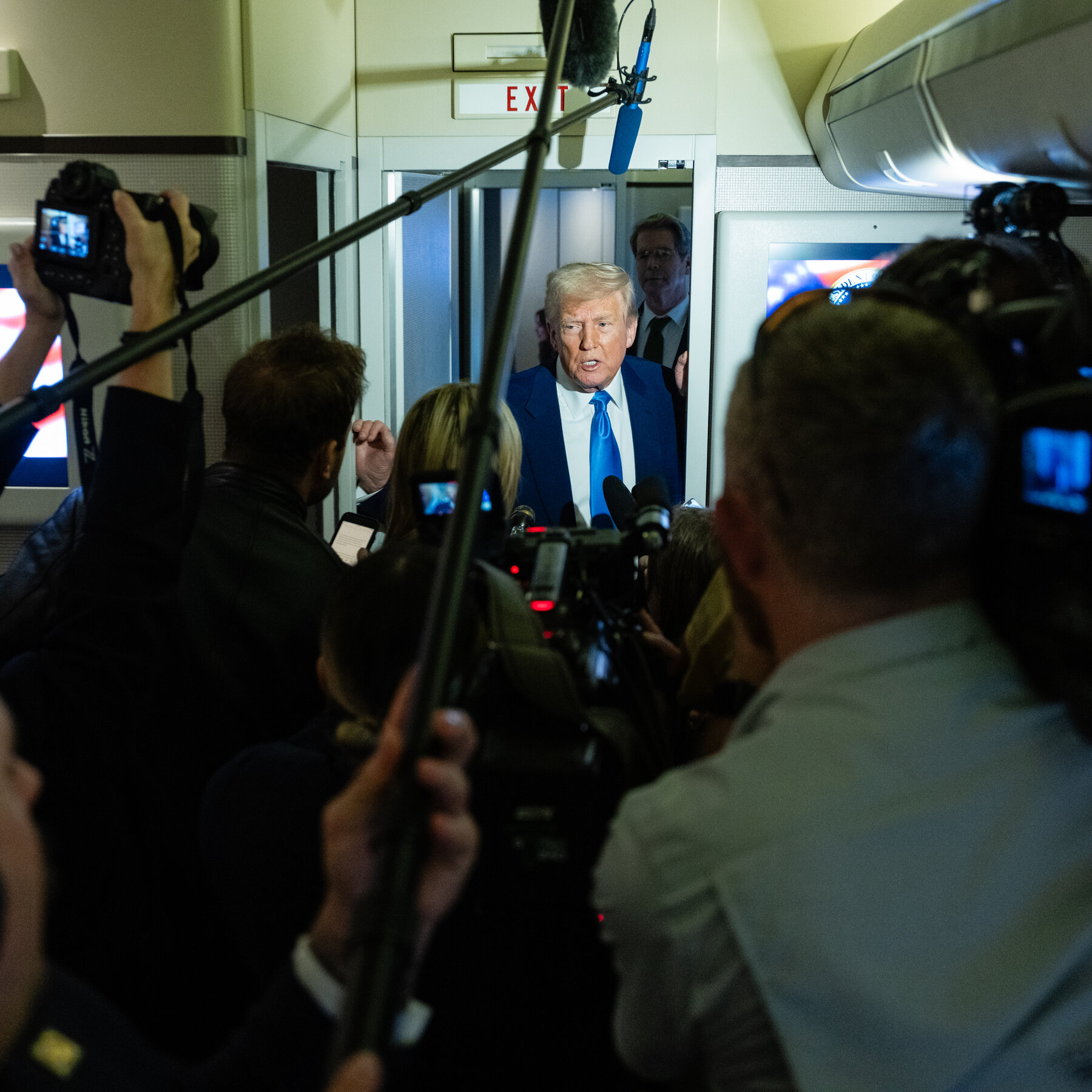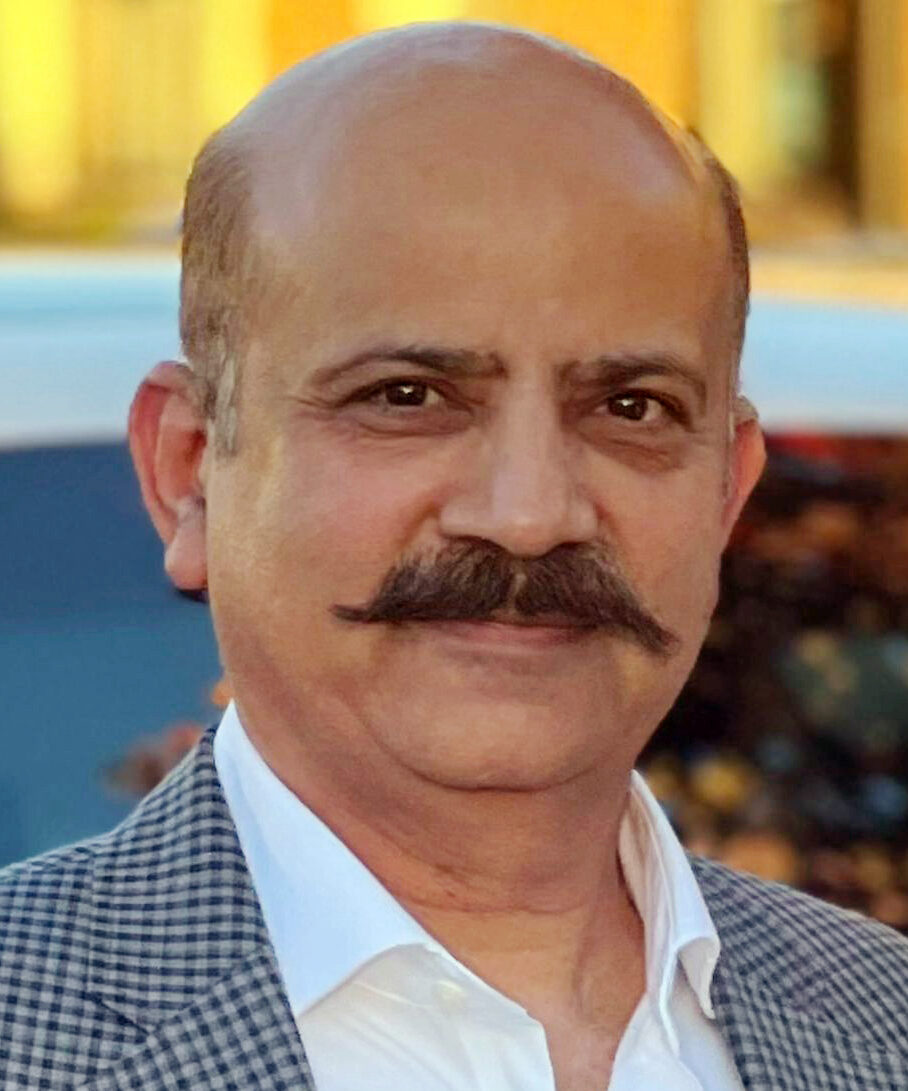Tuesday Briefing

Image

World leaders seek to sway Trump on tariffs
Governments across the globe have been racing to schedule calls with President Trump, send delegations to Washington and offer sweeteners on their own import taxes in order to escape punishing levies that are set to go into effect tomorrow.
Trump and his advisers have given mixed signals on whether the U.S. is willing to negotiate. Trump has said that the tariffs, which range from 10 percent to 40 percent on nearly 60 countries, will remain in place until U.S. trade deficits disappear, but the administration still appears to be welcoming friendly offers from foreign nations.
So far, just China and Canada have countered with new tariffs of their own. E.U. officials have threatened to impose retaliatory tariffs, but they’ve also offered to drop tariffs to zero on some products in return for the same treatment.
China: Trump told China that if it did not rescind its retaliatory tariffs, he would impose additional tariffs of 50 percent starting tomorrow, which would bring the total taxes on Chinese imports to 104 percent. China has vowed to “fight to the end,” calling his threat “blackmail.”
Image
The U.S. and Iran will hold nuclear talks, Trump says
President Trump said that the U.S. would engage in “direct” negotiations with Iran on Saturday in a last-ditch effort to rein in the country’s nuclear program. If they take place, they will be the first official face-to-face negotiations between the two countries since Trump abandoned the Obama-era nuclear accord seven years ago.
Iranian officials confirmed that talks would take place on Saturday in Oman, but that they would be indirect, meaning intermediaries would work with the two sides. If the talks went well, they said, Iran would be open to direct negotiations.
Trump said that Iran would be “in great danger” if the talks were not successful. But Iran is almost certain to resist dismantling its entire nuclear infrastructure, which has given it a “threshold” capability to make the fuel for a bomb in a matter of weeks — and perhaps a full weapon in months.
Context: Such talks would come at a perilous moment for Iran, which, along with its proxy forces, has been vastly weakened.
More news from the Middle East:
-
Gaza: The Palestine Red Crescent released a video made by a paramedic moments before he was killed by Israeli forces, and called the deadly attack on 15 rescue workers “a full-fledged war crime.”
-
Israel: Prime Minister Benjamin Netanyahu met with Trump in Washington yesterday. He did not obtain a public commitment to wipe out a 17 percent tariff on Israel.
-
U.S.: Families of victims of the Oct. 7, 2023, attack on Israel sued a Palestinian American businessman, accusing him of developing properties to conceal Hamas tunnels and weapon caches.
Image
Does a Black Sea truce benefit Ukraine?
My colleague Constant Méheut joined the Ukrainian Navy last week on a patrol mission in the Black Sea, where Russia’s forces have been repelled far enough that commercial shipping has returned to near prewar levels.
Constant wanted to know how naval officers and business owners in Odesa viewed a truce on the Black Sea, where Ukraine already has the upper hand. Many rejected the idea; some expressed their doubts about the cease-fire, which Kyiv and Moscow committed to last month. Both sides are still negotiating the details.
“For me, nothing changes,” one captain said. “It’s fighting as usual.”
Russia: Some 800,000 people fled their homeland after the invasion of Ukraine. A peace deal may not be enough to bring them back.
MORE TOP NEWS
Image
Image
The video game South of Midnight, which comes out today, taps into American folklore to tell the story of Hazel, a young woman trying to find her mother, who was lost in a storm. The magic Hazel discovers along the way helps her heal the world around her.
The developers went to great lengths to make the game world feel real. They used local musical traditions and toured swamps to record the sounds of the land and wildlife. Read more about the game.
Lives lived: Amadou Bagayoko, a Malian guitarist and composer who, with his wife Mariam Doumbia, invented the Afro-rock genre, died last week at 70.
CONVERSATION STARTERS
Image
Image
Image
Natasha Frost writes The Times’s weekday newsletter The Europe Morning Briefing.





